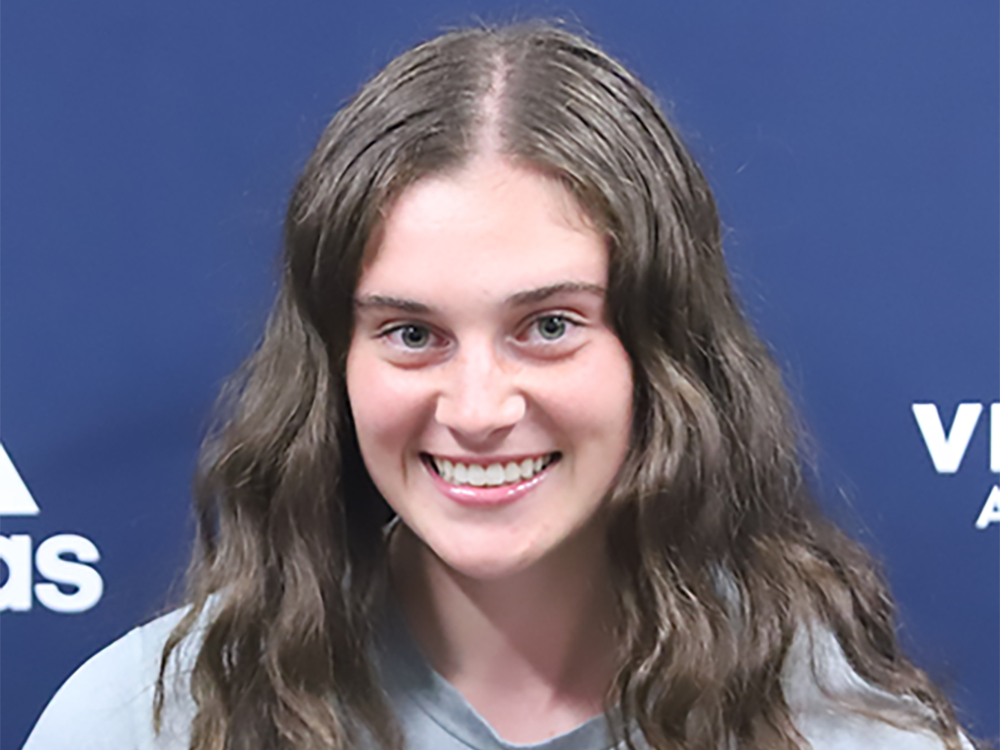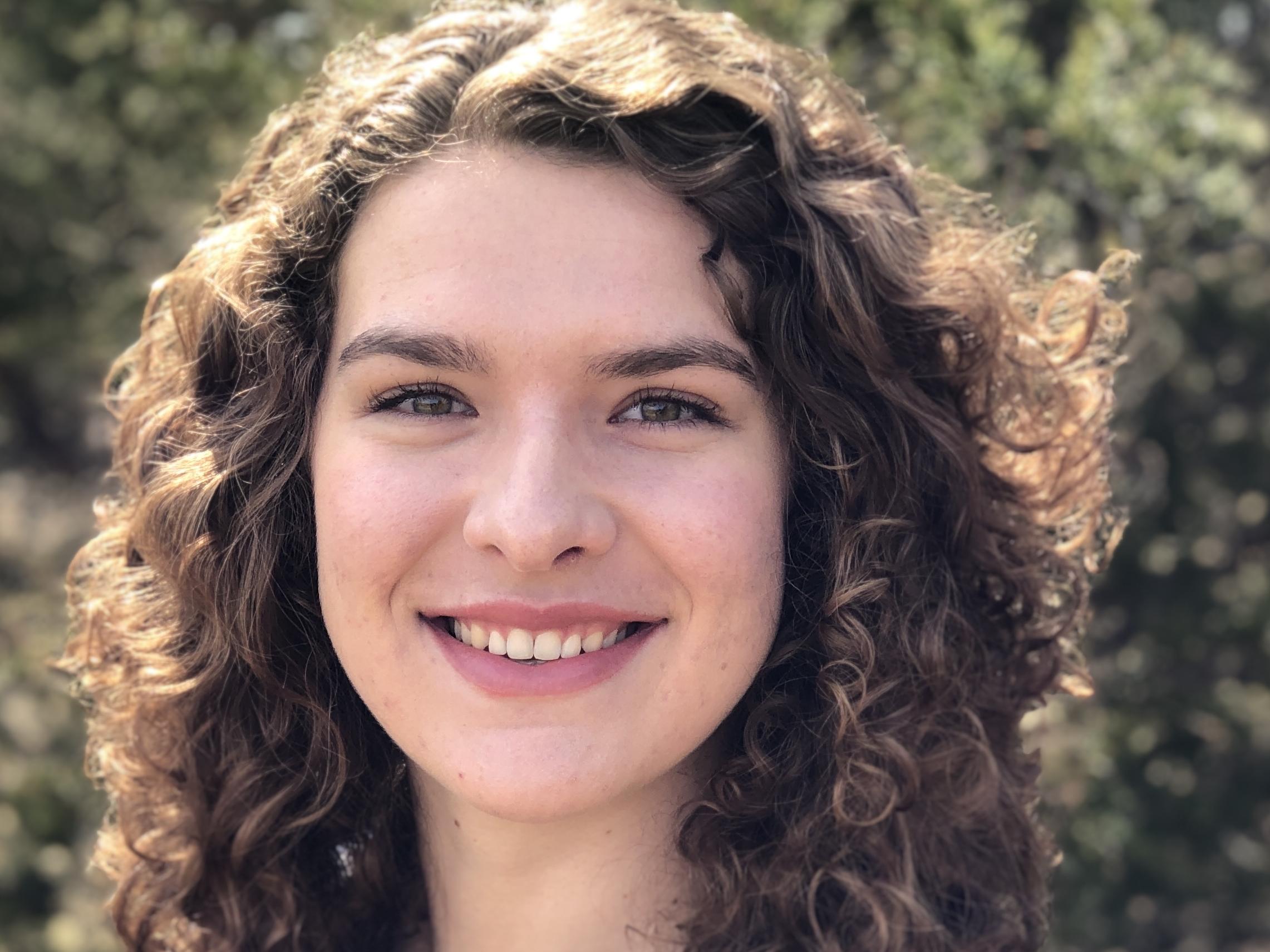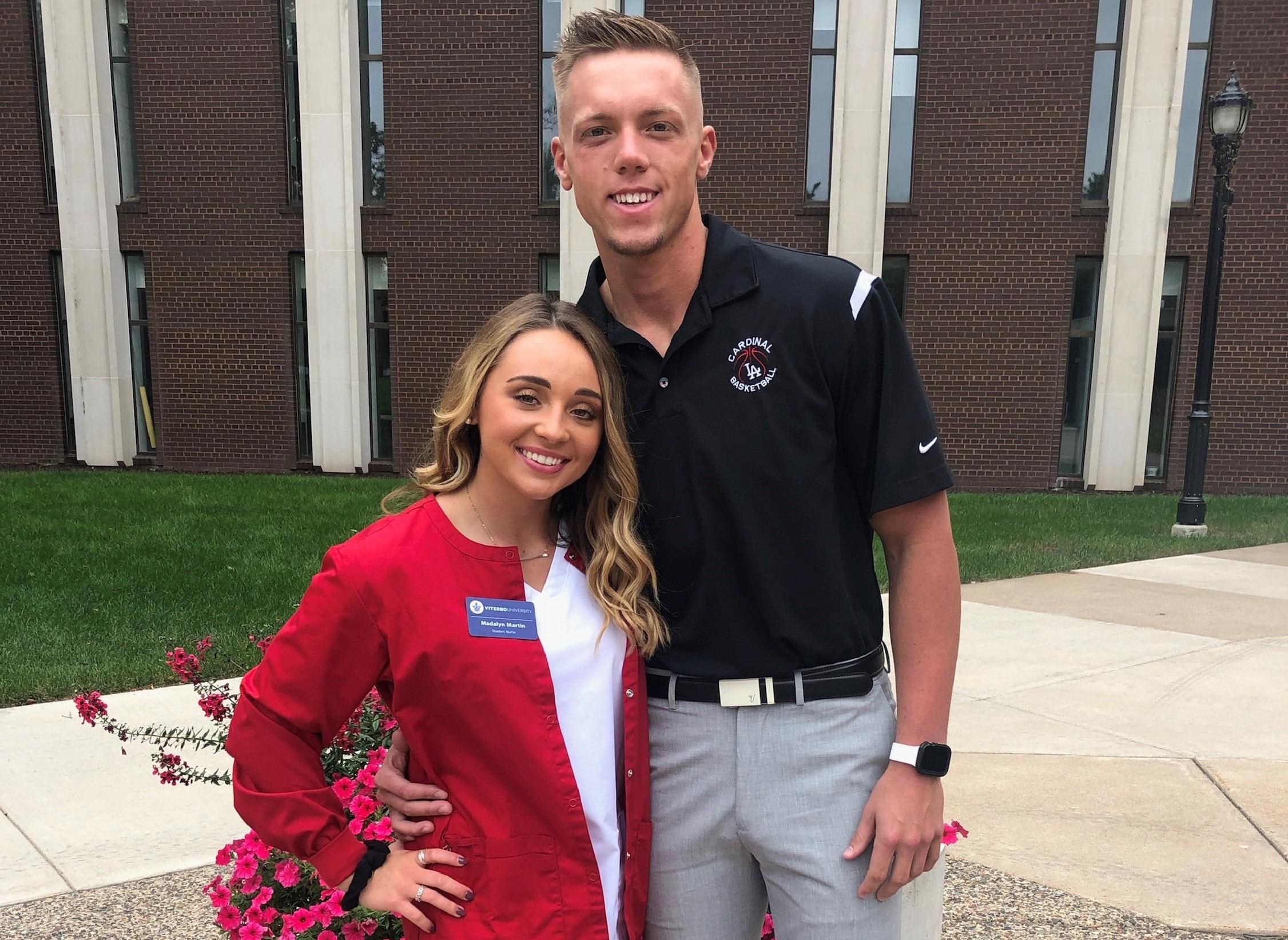Alex Kratzenstein, a 4+1 student in Viterbo University's Dahl School of Business, recently shared his reflections on how his academic journey and experiences at Viterbo have shaped his readiness for the future. Majoring in finance and pursuing his MBA, Kratzenstein is also a student-athlete, playing on the university’s men's volleyball team. He brings a unique perspective to his education, blending his passions for both athletics and academics.
In a recent conversation, Kratzenstein highlighted some key ways in which he experienced “innovation made real” at Viterbo. One of his most impactful experiences came through his internship with Habitat for Humanity in the Coulee Region. The project gave him firsthand exposure to how mission-oriented organizations like Habitat can creatively achieve their goals while engaging the community. Even those without extensive construction experience are involved, thanks to innovative methods.
“I got there the day after they had dug all the holes, and I helped lay out the footing for the foundation,” Kratzenstein recalls of his early days on the job. As he became more involved, he noticed how Habitat employed insulated concrete form (ICF) blocks—a method that stood out to him for its effectiveness. “We poured the footing, then later put in these ICF blocks, built that, put in the I-beams for the flooring, and then put up walls and everything.”
ICF blocks presented a significant advantage over traditional concrete blocks. Regular concrete block construction requires skillful application of mortar, a task that can be challenging for a crew of community volunteers with little construction experience. ICF blocks, however, allowed Habitat’s volunteers to lay a strong, insulated foundation under the guidance of a skilled foreperson, ensuring a quality build even with minimal expertise. For Kratzenstein, it was a lesson in systems thinking—understanding how thoughtful processes and materials can lead to better outcomes, especially when resources are limited.
But his engagement with innovation didn’t stop with construction. Like all Dahl School undergraduates, he completed an advanced writing course, which is often taught by Rochelle Brooks, PhD, a familiar name to many Viterbo alums. His culminating project for Brooks’ class centered on the theme of innovation in labor markets.
His paper explored how artificial intelligence (AI) could address the current labor shortages plaguing many industries, especially in frontline positions.
Drawing inspiration from companies like Tesla, Kratzenstein examined how AI and automated systems are rapidly evolving. Tesla, known for its advances in autonomous driving technology, has collected vast amounts of computer vision data, which it uses to create AI models that make quick, accurate decisions based on visual inputs. Kratzenstein suggested that this same technology could be applied to humanoid robots in the workplace. “Imagine recording someone completing a task on video and then using that data to teach a robot,” he explained. “This could simplify workflows by making it easier to delegate tasks to robots, rather than relying on complex computer interfaces.”
His research led him to believe that in the near future, businesses may have to weigh the costs and benefits of using human workers versus robots for certain tasks.
The introduction of cost-effective AI-driven robots could significantly impact industries where such automation is viable.
Looking ahead, Kratzenstein is enrolled in the first business intelligence course offered as part of Viterbo's MBA program. Though he’s just beginning the course, he’s already excited about how the quantitative skills he’s developing will be applicable in key business functions like forecasting—skills that he’s already seen play a crucial role in his previous internships and roles.
Alex Kratzenstein’s journey is a testament to how Viterbo’s Dahl School of Business integrates innovative thinking and real-world experience into its curriculum. Whether through hands-on internships, thoughtful academic projects, or cutting-edge courses, the school prepares its students to not only meet the demands of the future but to shape it.
As Kratzenstein continues his studies and builds his career, he remains confident that the lessons he’s learned at Viterbo will guide him toward a successful and impactful future.




